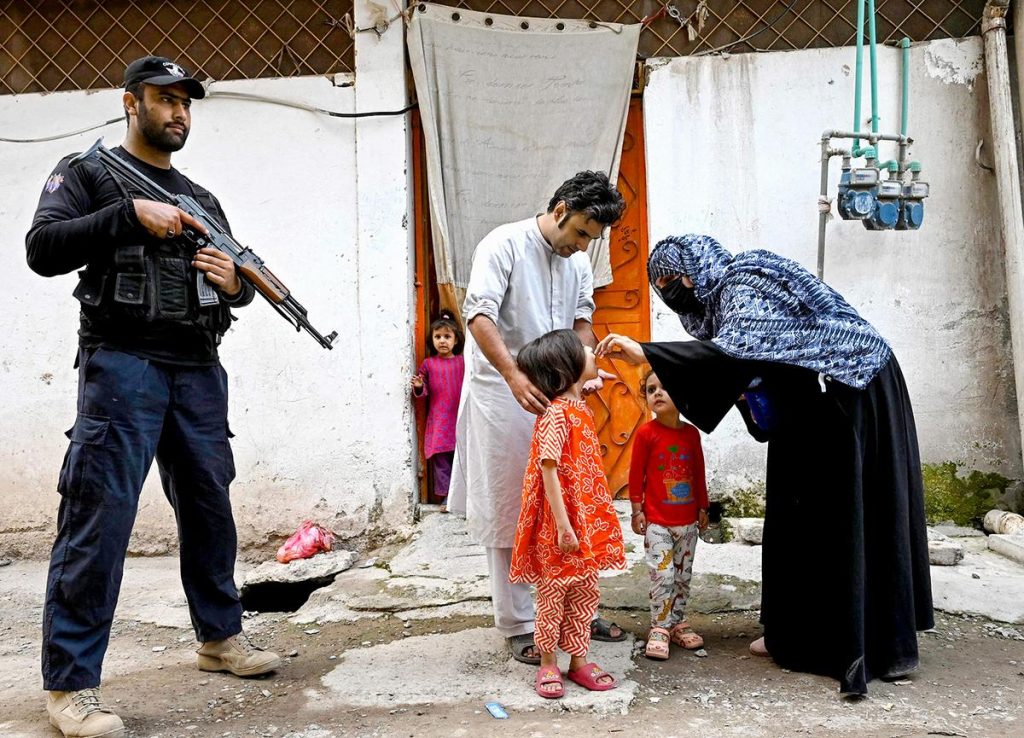Bannu Anti-Polio Campaign: Section 144 Imposed for Seven Days
To facilitate the smooth execution of the upcoming Bannu anti-polio campaign, the district administration has imposed Section 144 for seven days. Announced by Deputy Commissioner Abdul Hameed, the restrictions include a ban on carrying weapons, double riding on motorcycles, and the use of tinted vehicle windows. These measures aim to ensure the safety and effectiveness of the campaign, which begins on December 16. Violators of these restrictions will face strict action, according to the DC.
Anti-Polio Drive Faces Significant Challenges
The Bannu anti-polio campaign is part of a larger provincial effort in Khyber Pakhtunkhwa to vaccinate approximately 7.3 million children under the age of five. Despite its importance, health officials face persistent challenges, including vaccine refusals, missed targets, and issues like fake finger markings. Additionally, a lack of consistent support from district administrations and health officers further complicates the campaign.
Polio remains a critical public health issue in Pakistan. The poliovirus, transmitted primarily through the faecal-oral route, is highly contagious and can lead to irreversible paralysis in one out of 200 cases. Among those paralyzed, 5–10% die due to respiratory muscle failure.
The Role of Vaccination in Polio Eradication
Polio has no cure, making vaccination the only defense against this crippling disease. Two types of vaccines are used globally:
- Oral Polio Vaccine (OPV) – Easy to administer and effective in preventing outbreaks.
- Inactivated Polio Vaccine (IPV) – Injected and often used in combination with OPV for enhanced immunity.
Both vaccines are safe and crucial for protecting children from this life-threatening virus. Multiple doses are necessary to ensure lifelong immunity.
A Call for Cooperation
Authorities in Bannu are urging parents, community leaders, and local administrations to actively support the campaign. Ensuring every child receives the polio vaccine is a collective responsibility that will safeguard future generations and move Pakistan closer to eradicating the disease.


